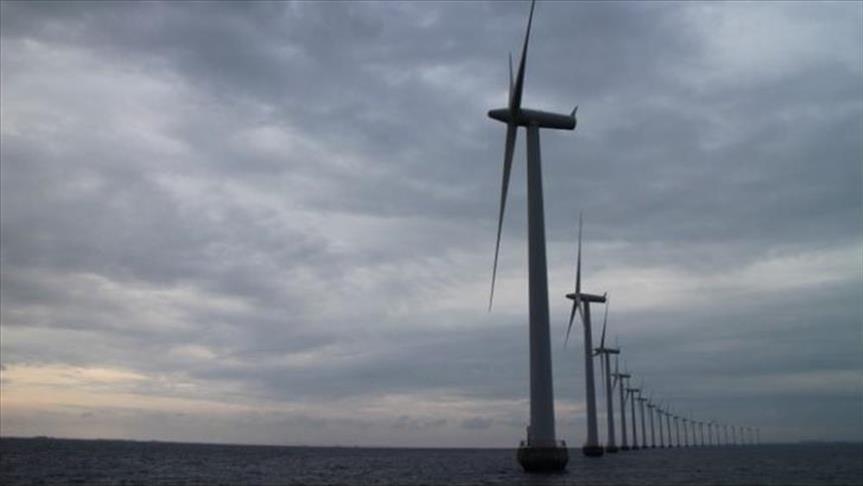There is a "huge" potential for floating wind technology in Turkey due its to very deep waters, and the country could offer "significant" support to the deployment of floating offshore wind technology, according to WindEurope.
"Turkey has extremely good wind resources, both on- and offshore, but very deep waters. For this reason, WindEurope emphasized the huge potential of floating wind in Turkey," the association said in a statement on Friday following a workshop on "Leveraging the EU offshore wind expertise in Turkey" held in Istanbul.
Thursday's workshop, organized by renewable energy consulting company 3E with the support of the Turkish Wind Energy Association and WindEurope, brought together around 100 people from the industrial, financial, academic and governmental sectors.
Turkish Wind Energy Association, 3E, DEME Group and WindEurope presented the latest trends and developments in offshore wind energy in Europe including offshore wind turbine structures and functioning, floating wind, cost reductions, technical innovations, grid connection for offshore wind farms, and logistics and installation.
According to the statement, 80 percent of the total offshore wind resources in Europe are in waters that are over 60 meters deep, where bottom-fixed technologies are neither economically (nor technically) feasible.
"Floating offshore wind could play a significant role in Europe to ensure the deployment of at least 6 gigawatts/year (all Europe) by 2030. This would ensure a continuation of current cost reduction trends and healthy developments of the offshore wind supply chain," WindEurope said.
"6 GW/year would also guarantee that Europe stays at the forefront of the global offshore wind power industry. Turkey could significantly support the deployment of the floating offshore wind technology," it added.
On June 21, Turkey announced the launch of a tender for a 1,200-megawatt (MW) offshore wind plant project, with a ceiling price set at $8/MWh. The deadline for submitting bids is Oct. 23.
The investor who submits the lowest bid will sign an energy purchase agreement including the first 50 terawatts-hour of electricity production starting from the first commissioning of the plant.
The then-Energy Minister Berat Albayrak said that the tender specifications required 60 percent local equipment production and employment of Turkish engineers at a rate of 80 percent.
Saros and Gallipoli located in the Marmara region and Kiyikoy in the Thrace were named the candidate regions for the power plant in March.
Turkey held a 1,000-megawatt solar Renewable Energy Resource Zones (YEKA) tender in 2017 with a winning bid of $6.99 for one megawatt-hour and $3.48 for 1,000-megawatts.
The country plans to increase its wind and solar capacity by 10,000 megawatts each in the coming decade.
By Hale Turkes
Anadolu Agency
energy@aa.com.tr


